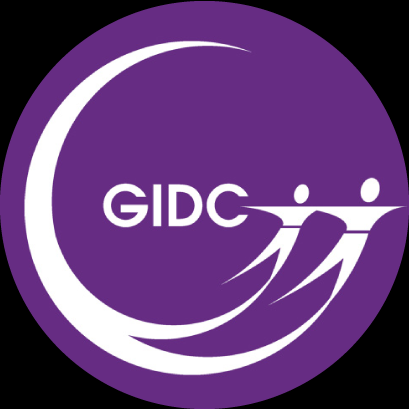How to Learn Guide - Ice Dance
What is ice dance?
Ice dance is an international and Winter Olympic sport in the category of figure skating. International competitions consist of a rhythm dance and a free dance event.
There also used to be another section of the competition for ‘compulsory dances’ where competitors all performed the same selected dances (with set steps, pattern and rhythm) to official music so that their skating skills could be directly compared. The dances are similar to ballroom or latin, but on ice; hence why you see waltz, tango, paso doble, samba, cha cha, foxtrot and rhumba etc. in the dance names.
Although these dances are no longer used for international competition, many skaters still learn and skate the compulsory dances either socially, as part of the test structure, or for competitions that still use the dances.
Compulsory dances are ideal for social ice dance as when you have learnt the set steps, partnering, pattern and timing you should be able to skate the dance with any other skater.
How to learn
Many people start off learning to skate via the ice rink group lessons as this can offer a good value way to start, provides an opportunity to meet other new skaters and gives you access to coaches to arrange private lessons when you are ready.
See the Guildford Spectrum website.
Alternatively, you can speak to a coach and arrange to take private lessons from day one (more expensive, but the tuition is one-to-one so you may progress more quickly). If you definitely want to ice dance, try and find a coach who focuses on this discipline from the start.
To find a coach either contact the rink or go to a public session where coaches are usually present and speak to one of them (e.g. weekend morning/afternoon sessions and Tuesday evenings - it’s best to ask before or after the session, don’t interrupt lessons).
First Dances to Learn
The most basic dance is the Prelim Foxtrot. After that comes the Canasta Tango, Dutch Waltz, Rhythm Blues, Golden Skaters Waltz, Riverside Rhumba and Canadian Cha Cha. These are all forward skating dances in Killian or reverse Killian hold (skating side-by-side).
Dances Including Turns and Backward Skating
The first backwards dances are the Swing Dance and Prelim (British) Waltz. You may also learn the Fiesta Tango, Willow Waltz, Fourteen Step, Hickory Hoedown and Foxtrot. Both partners skate a mix of forward and backward steps, with turns to transition between. These dances are mostly skated in Waltz hold (skating facing your partner).
There are versions of most of the dance rhythms at different levels. Some of the harder dances include the Blues, Tango, Paso Doble, Quickstep, Rocker Foxtrot, Starlight Waltz, Silver Samba, Argentine Tango, Viennese Waltz, Rhumba and Cha Cha Congelado. These generally feature more steps, harder steps, faster transitions between steps and include changes of hold during the dance.
Advice on Levels for Club Sessions
We are a social ice dance club with no coaching in the sessions, although people follow each other and help each other out with remembering steps informally. Generally, we advise that you know around 5 dances to get the most out of a session.
You will need to be confident skating forward as a minimum and able to hold inside and outside edges as well as crossover both left and right. Ideally you should also be able to perform chasses and crossrolls both to the left and right. These are the required steps for most of the forward facing dances.
To progress beyond the forward dances you will also need to be able to turn (3-turns and mohawks initially) and skate the same set of steps backwards.
Format of Club Sessions
The session starts with a 5-minute warm up. After that, we put up a list of ice dances and the music is played to match each dance on the list. People skate the dances they want to, either with a partner of their choice (encouraged) or solo if they aren’t comfortable skating the dance with a partner or there are not enough partners to go round. We use a selection of dances from across the levels to try and provide something for all our members.
Payments
Club session prices and annual membership rates are shown above. We usually take card payments at the end of sessions. We can also accept bank transfers or cash payments (please bring exact change for cash payments).
External Resources
You can find a lot of the dance patterns and step information by searching online, and there are videos of most of the dances available on YouTube.
